Starting next month, some undocumented immigrants in Virginia will be able to apply for temporary driving credentials.
The change comes from a bill the newly Democratic General Assembly passed earlier this year, and establishes what the state is calling driver privilege cards.
It will make Virginia the 16th state to allow non-citizens to lawfully drive, as well as the District of Columbia and Puerto Rico. About 300,000 people in the commonwealth are estimated to qualify.
“The ability to drive and live your daily life and be able to go work, take your kids to school … without additional stress, worry and fear will be tremendously life changing,” Del. Kathy Tran, one of the bill’s sponsors, told the Virginia Mercury in March.
Since 2004, Virginia required people applying for driver’s licenses to show they are legally authorized to be in the United States, a law that was passed in response to the Sept. 11 terrorist attacks.
On Tuesday, the Virginia Department of Motor Vehicles rolled out the new rules for obtaining the privilege cards.
Non-citizens can obtain a card if they are a Virginia resident who does not have a driving privilege currently suspended or revoked in any state, including insurance-related infractions.
They also must have reported income from Virginia sources or have been claimed as a dependent on a tax return filed in the commonwealth in the past year.
Residents must be at least 16 years and three months old to apply. Those at least 15 ½ can get a driver privilege card learner’s permit.
To get a card, which will cost $50, applicants must provide:
Two proofs of identity, such as a foreign passport or consular ID document
Two proofs of Virginia residency, such as a lease, mortgage statement or utility bill
Proof of either a Social Security number, if issued, or taxpayer identification number, such as on a W-2 form
Tax return documentation filed in the past year, such as a Virginia resident, part-year resident or nonresident income tax return form
All documents must be originals and are subject to verification, the DMV said, but printouts of approved residency documents, such as mortgage or lease agreements, may be accepted. Documents in a language other than English must come with a certified English translation by a professional translator.
The steps to getting a driver card vary based on one’s driving history, the department added. All applicants will have to pass a vision test.
The cards will be a valid form of ID in Virginia, but not federal REAL ID-compliant. Different from licenses, they expire on the holder’s birthday in the second year, the DMV said. Each subsequent renewal lasts two years.
“We are pleased to offer this new credential to give thousands of tax-paying Virginians the opportunity to drive legally on our roadways, something they previously have not been able to do,” DMV Commissioner Richard Holcomb said in a statement.
Officials encourage eligible applicants to make an appointment for the new year, organize the necessary documents and study for applicable tests. More information and an interactive documents guide can be found at dmvNOW.com/dpc.

